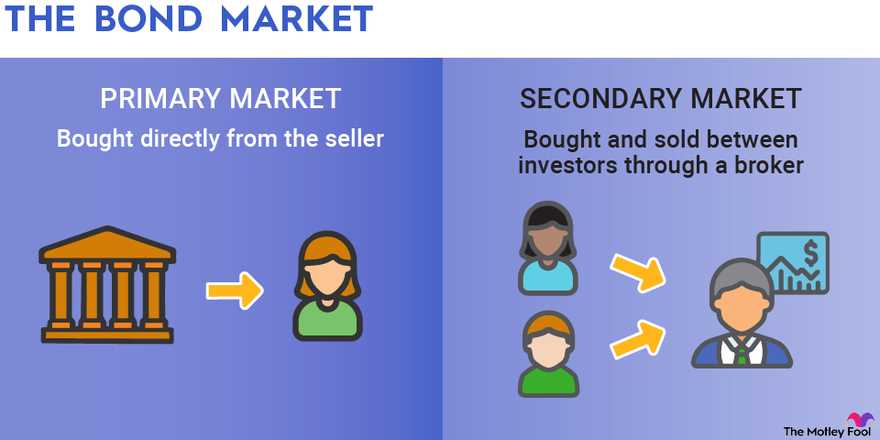Bond Financial Meaning
Investing in bonds can provide investors with a steady income stream and a way to diversify their investment portfolio. Bond prices can fluctuate based on changes in interest rates and the creditworthiness of the issuer. Therefore, it is important for investors to carefully evaluate the risks and rewards associated with investing in bonds.
Definition and Explanation
A bond is a financial instrument that represents a loan made by an investor to a borrower, typically a government or corporation. When an investor purchases a bond, they are essentially lending money to the issuer in exchange for periodic interest payments and the return of the principal amount at maturity.
Bonds are considered fixed-income securities because they provide a fixed interest rate or coupon payment to investors. This interest rate is determined at the time of issuance and remains constant throughout the life of the bond. The interest payments are typically made semi-annually or annually.
One of the key characteristics of bonds is their maturity date, which is the date when the issuer is obligated to repay the principal amount to the bondholder. Maturity dates can range from a few months to several decades, depending on the type of bond.
Investors can buy and sell bonds in the secondary market, where prices can fluctuate based on changes in interest rates and investor demand. The price of a bond is inversely related to interest rates, meaning that when interest rates rise, bond prices generally fall, and vice versa.
In summary, bonds are debt securities that provide investors with a fixed income stream and the return of the principal amount at maturity. They are considered less risky than stocks and can be bought and sold in the secondary market.
Examples of Bonds

A bond is a fixed income investment that represents a loan made by an investor to a borrower, typically a government or corporation. Here are some examples of bonds:
1. Government Bonds
2. Corporate Bonds
Corporate bonds are issued by companies to raise capital for various purposes, such as expanding operations or funding acquisitions. These bonds usually offer higher yields compared to government bonds, but they also come with a higher level of risk. Examples of corporate bonds include those issued by companies like Apple, Microsoft, and Coca-Cola.
3. Municipal Bonds
4. Zero-Coupon Bonds

Pricing and Investing in Bonds
The face value of a bond is the amount that will be paid to the bondholder at maturity. This is the amount that the bond issuer promises to repay to the investor. The face value is typically set at $1,000 or $10,000, although it can vary depending on the specific bond.
The coupon rate is the annual interest rate that the bondholder will receive. This rate is usually fixed and is expressed as a percentage of the bond’s face value. For example, if a bond has a face value of $1,000 and a coupon rate of 5%, the bondholder will receive $50 in interest payments each year.
The maturity date is the date on which the bond will be repaid in full. This is the date when the bondholder will receive the face value of the bond. Maturity dates can range from a few months to several years, depending on the type of bond.
Current market conditions can also impact the price and yield of bonds. If interest rates rise, the price of existing bonds will generally fall. On the other hand, if interest rates fall, the price of existing bonds will generally rise. This is because investors demand higher yields when interest rates are higher, and lower yields when interest rates are lower.
When investing in bonds, it is important to consider your investment goals, risk tolerance, and time horizon. Bonds can provide a steady stream of income and can be less volatile than stocks, making them a popular choice for conservative investors. However, it is important to carefully research and evaluate bonds before making any investment decisions.

Emily Bibb simplifies finance through bestselling books and articles, bridging complex concepts for everyday understanding. Engaging audiences via social media, she shares insights for financial success. Active in seminars and philanthropy, Bibb aims to create a more financially informed society, driven by her passion for empowering others.
